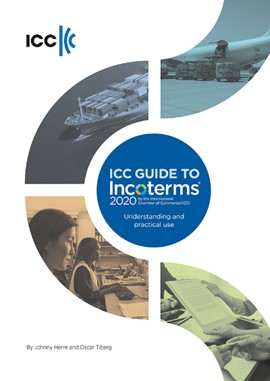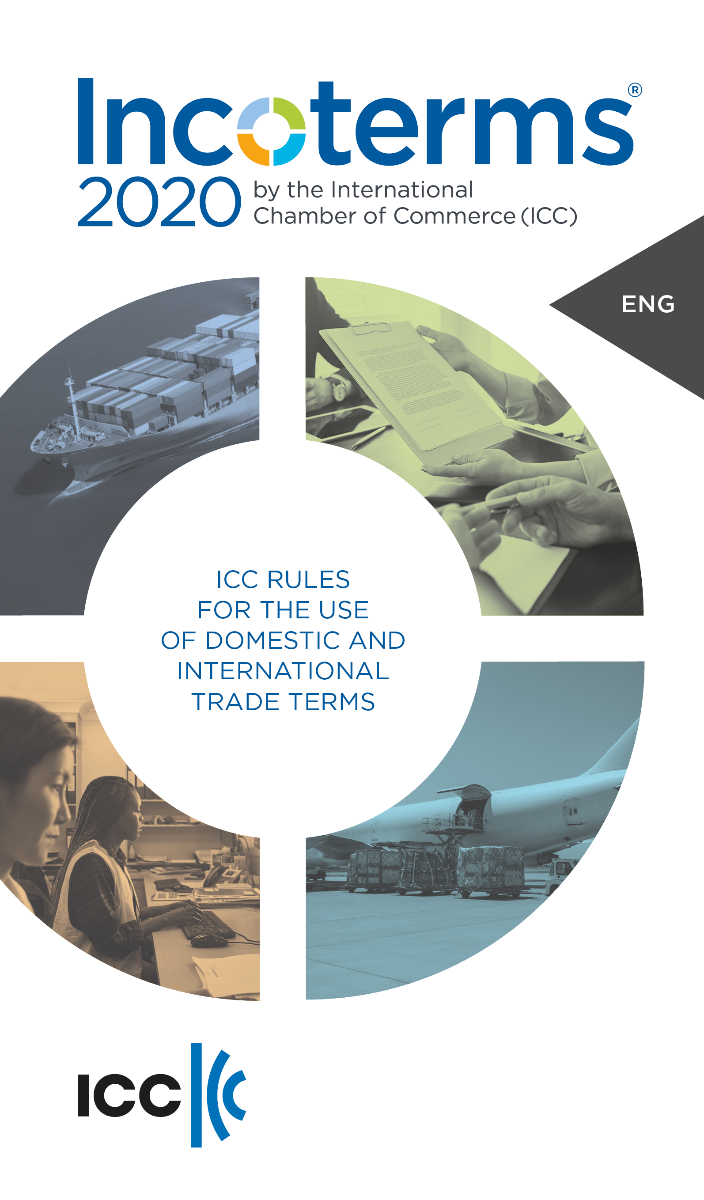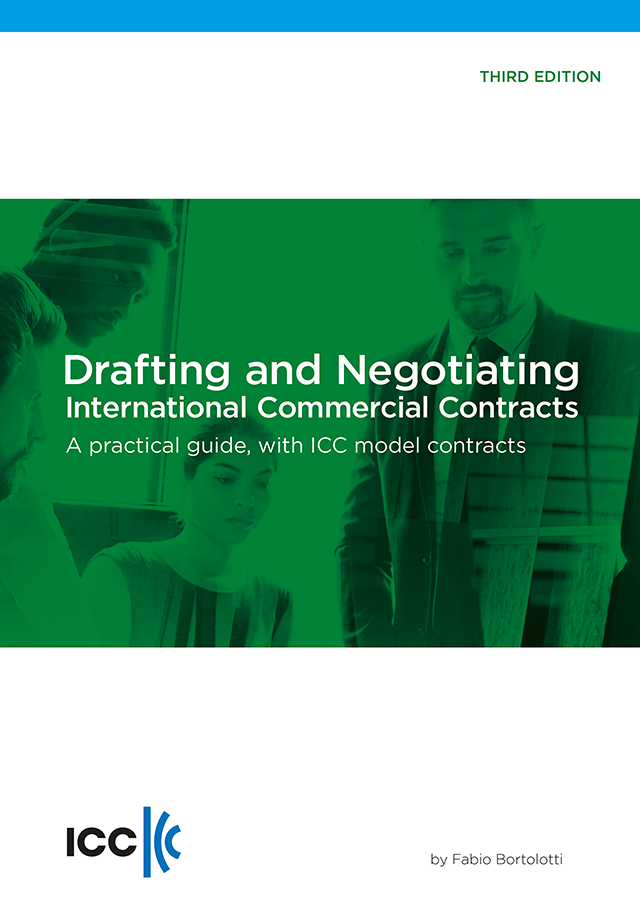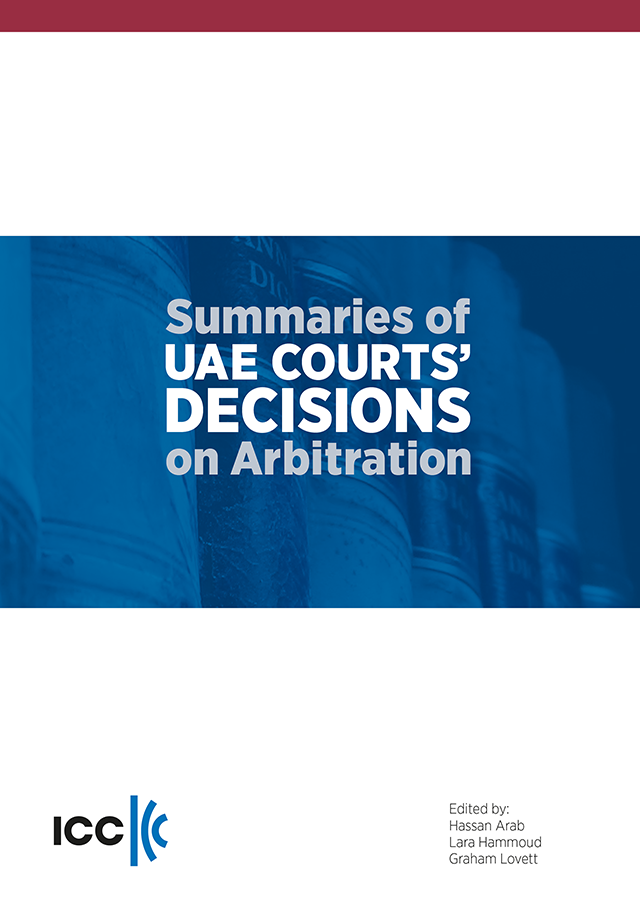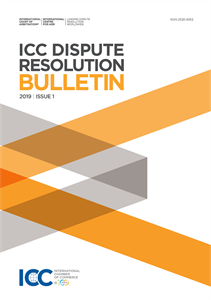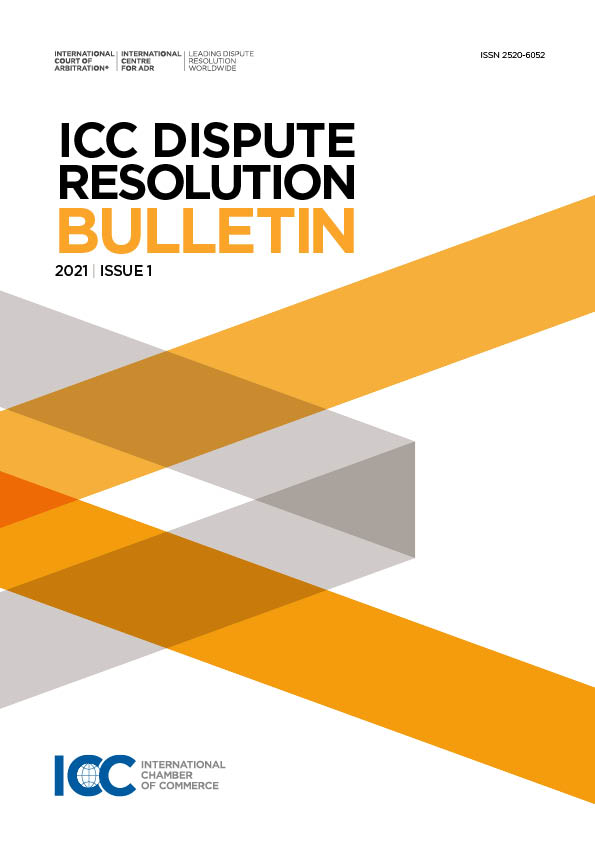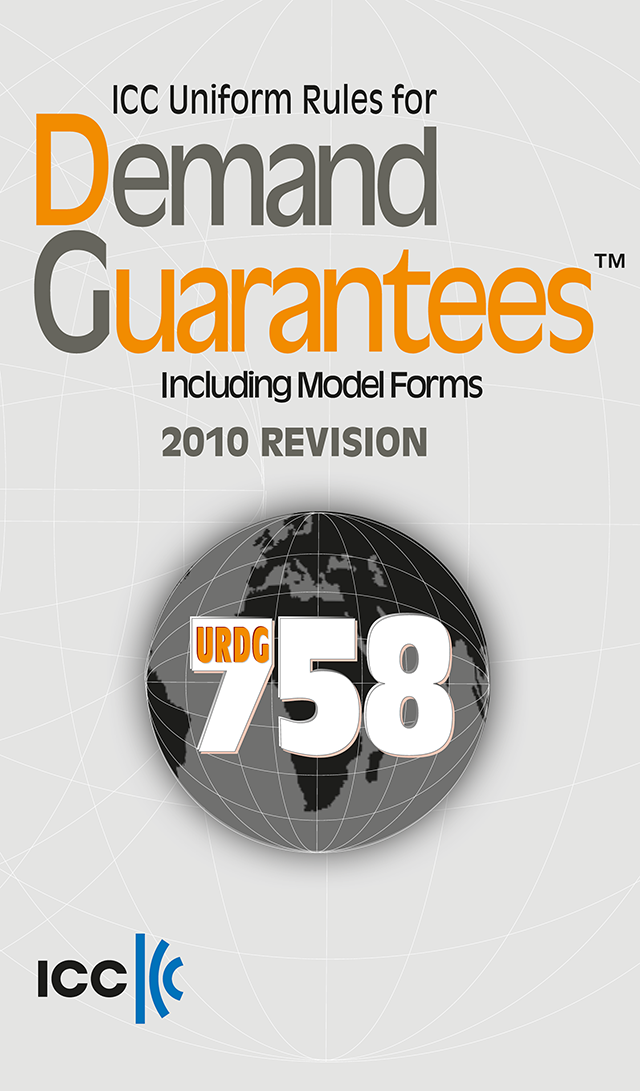Uniform Rules for Demand Guarantees URDG - 2010 revision
No. P758E
ISBN : 978-92-842-0036-8
payment Quick
delivery
€18,00
You need help, more information or a quote ?
Help CentreThe ICC Uniform Rules for Demand Guarantees (URDG) reflect international standard practice in the use of demand guarantees and balance the legitimate interests of all parties. More than an update of the existing rules, the revised URDG 758 is a new set of rules for the twenty-first century that has been in effect since the 1st of July 2010.
Since their first adoption in 1991, ICC's URDG have gained international acceptance and official recognition by bankers, traders, industry associations and international organizations including UNCITRAL, FIDIC and the World Bank. The current edition, URDG 758, was officially endorsed by the UN Commission on International Trade Law (UNCITRAL) in 2011.
The most significant changes in this edition are :
- New definitions and interpretation rules for greater clarity and precision;
- The treatment of non-documentary conditions, incomplete presentations, and many other contentious practices;
- A comprehensive coverage of advice of guarantees, amendments, electronic documents, transfers and more;
- A provision on force majeure that triggers an extension of a guarantee for thirty calendar days;
- The replacement of “reasonable time” with fixed periods for the examination of demands, the extension of guarantees and the suspension of payments. PLUS - URDG 758 contains :
- A clear layout of the examination process for demands;
- A step-by-step roadmap for handling extend or pay demands;
- A checklist of drafting recommendations;
- Ready-to-use model forms. URDG 758 is also available in English-French, English-Spanish and English-Russian.
| Code ISBN : | 978-92-842-0036-8 |
| Weight : | 0.0800 kgs |
| Number of pages : | 46 |
| Publishing date : | 2010 |
| Language : | English |
| Format in cm : | 13.4*23 |
1. Foreword
2. Introduction
3. Article 1 Application of URDG
4. Article 2 Definitions
5. Article 3 Interpretation
6. Article 4 Issue and effectiveness
7. Article 5 Independence of guarantee and counter-guarantee
8. Article 6 Documents v. goods, services or performance
9. Article 7 Non-documentary conditions
10. Article 8 Content of instructions and guarantees
11. Article 9 Application not taken up
12. Article 10 Advising of guarantee or amendment
13. Article 11 Amendments
14. Article 12 Extent of guarantor’s liability under guarantee
15. Article 13 Variation of amount of guarantee
16. Article 14 Presentation
17. Article 15 Requirements for demand
18. Article 16 Information about demand
19. Article 17 Partial demand and multiple demands; amount of demands
20. Article 18 Separateness of each demand
21. Article 19 Examination
22. Article 20 Time for examination of demand; payment
23. Article 21 Currency of payment
24. Article 22 Transmission of copies of complying demand
25. Article 23 Extend or pay
26. Article 24 Non-complying demand, waiver and notice
27. Article 25 Reduction and termination
28. Article 26 Force majeure
29. Article 27 Disclaimer on effectiveness of documents
30. Article 28 Disclaimer on transmission and translation
31. Article 29 Disclaimer for acts of another party
32. Article 30 Limits on exemption from liability
33. Article 31 Indemnity for foreign laws and usages
34. Article 32 Liability for charges
35. Article 33 Transfer of guarantee and assignment of proceeds
36. Article 34 Governing law
37. Article 35 Jurisdiction
38. APPENDICES
a. Form of Demand Guarantee under URDG 758
b. Optional Clauses
c. Form of Counter-Guarantee under URDG 758
d. ICC Task force on Guarantees
e. DOCDEX
39. ICC at a Glance
40. Some ICC Specialized Divisions
41. Some Product for Global Business
Georges Affaki (Chair, France),
Karin Bachmayer (Austria),
Roeland Bertrams (Netherlands),
Rolf J. Breisig (Germany),
Maximilian Burger-Scheidlin (Austria),
Mohammad M. Burjaq (Jordan),
Carlo Calosso (Italy),
Roger F. Carouge (Germany),
Gabriel Chami (Lebanon),
Haluk Erdemol (Turkey),
Thomas B.Felsberg (Brazil),
Xavier Fornt (Spain),
Michel Gally (France),
Sir Roy Goode (United Kingdom),
Andrea Hauptmann (Austria),
Khaled Kawan (Bahrain),
György Lampert (Hungary),
Fredrik Lundberg (Sweden),
Robert Marchal (Belgium),
Mi Na (China),
Antonio Maximiano Nicoletti (Brazil),
Eva Oszi-Migléczi (Hungary),
Sae Woon Park (Republic of Korea),
Christoph Martin Radtke (France),
Natalia A. Rannikh (Russian Federation),
Glenn Ransier (United States),
Kate Richardson (United Kingdom),
Zuzana Rollova (Czech Republic),
Cristina Rooth (Sweden),
Don Smith (United States),
Jeremy Smith (United Kingdom),
Shri K.N. Suvarna (India),
Pradeep Taneja (Bahrain),
Farideh Tazhibi (Islamic Republic of Iran),
Pieris Theodorou (Cyprus),
Edward Verhey (Netherlands),
Antonella Zanaboni (Italy).

